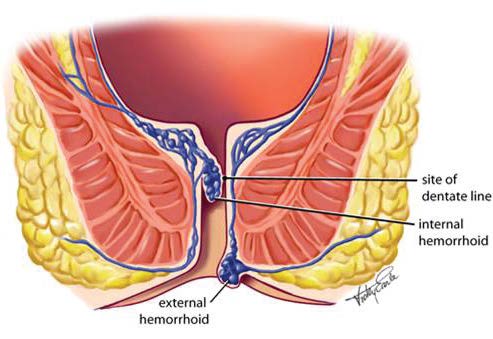
Until recently, symptomatic hemorrhoids have been mostly managed with ointments/creams or by surgeons. Dr. Waqar Qureshi, Professor of Medicine and Clinical Director of Gastroenterology at Baylor College of Medicine, explains how gastroenterogists can help patients by offering minimally-invasive solutions to this common condition:
Until recently, symptomatic hemorrhoids have been mostly managed with ointments/creams or by surgeons. Dr. Waqar Qureshi, Professor of Medicine and Clinical Director of Gastroenterology at Baylor College of Medicine, explains how gastroenterogists can help patients by offering minimally-invasive solutions to this common condition:
Until recently, symptomatic hemorrhoids have been mostly managed with ointments/creams or by surgeons. Dr. Waqar Qureshi, Professor of Medicine and Clinical Director of Gastroenterology at Baylor College of Medicine, explains how gastroenterogists can help patients by offering minimally-invasive solutions to this common condition:
“The gastroenterologist occupies a unique position between the conservative treatment offered by the primary care physician and the more invasive hemorrhoidectomy offered by the surgeon.“
Dr. Qureshi goes on to describe hemorrhoid anatomy, classification, diagnosis and treatment, as well as common misconceptions.
Read the full article in Gastroenterology & Endoscopy News